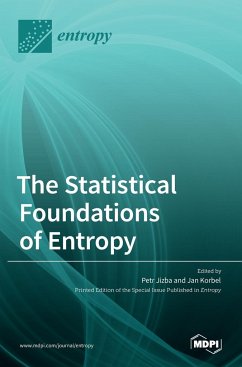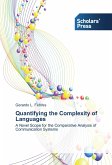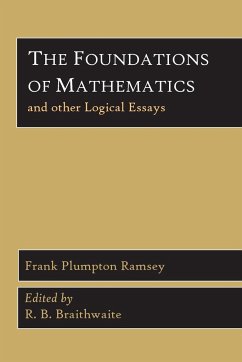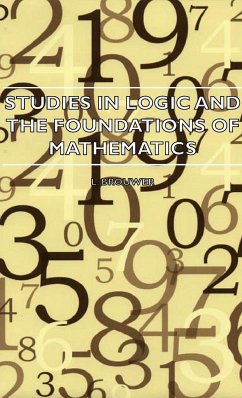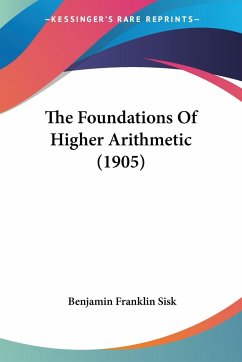In the last two decades, the understanding of complex dynamical systems underwent important conceptual shifts. The catalyst was the infusion of new ideas from the theory of critical phenomena (scaling laws, renormalization group, etc.), (multi)fractals and trees, random matrix theory, network theory, and non-Shannonian information theory. The usual Boltzmann-Gibbs statistics were proven to be grossly inadequate in this context. While successful in describing stationary systems characterized by ergodicity or metric transitivity, Boltzmann-Gibbs statistics fail to reproduce the complex statistical behavior of many real-world systems in biology, astrophysics, geology, and the economic and social sciences. The aim of this Special Issue was to extend the state of the art by original contributions that could contribute to an ongoing discussion on the statistical foundations of entropy, with a particular emphasis on non-conventional entropies that go significantly beyond Boltzmann, Gibbs, and Shannon paradigms. The accepted contributions addressed various aspects including information theoretic, thermodynamic and quantum aspects of complex systems and found several important applications of generalized entropies in various systems.
Hinweis: Dieser Artikel kann nur an eine deutsche Lieferadresse ausgeliefert werden.
Hinweis: Dieser Artikel kann nur an eine deutsche Lieferadresse ausgeliefert werden.

